|
Delightful, slots right in among the better fantasy screwball comedies. Veronica Lake is perfectly cast, obviously, but Frederic March provides such a good counterbalance - his performance providing natural affinity to a characterization which could be found unlikeable. Prospers largely on its charming demeanor and heightened conceptual framework which intrinsically intrigues. Rene Clair's direction supplements the film well with an understated but precise hand, accentuating the supernatural elements of the story in a way which is never detrimental to the film's thematic humanism centered around the idea that love is a stronger force than hate or vengeance. A fantasy romcom in which its conceptual artifice never restricts its humanism, I Married A Witch is a charming film which doesn't always feel narratively organic but it manages to be constantly endearing due to its two lead performances and Clair's deft direction
0 Comments
A rather slight effort for Lubitsch, though it still maintains the signature charm which the filmmaker's oeuvre tends to be associated with. That Uncertain Feeling is a story about agency and the psychology of relationships when it comes to feelings of worth, exhibiting how slight discretions can be amplified and twisted into something larger due to misplaced emotions. Honest and charming though relatively minor, the film exhibits how the repetitious nature of idiosyncrasies and notions of a static lifestyle are ultimately a part of any meaningful relationship. They place strain and subversion if not recognized and accounted for and yet they are ultimately intrinsic to any meaningful relationship in which the give & take between two disparate souls is ultimately calcified around the commonality of love.
Messy and ambitious, Red's narrative structure and formalist sensibilities juxtaposes the emotional complexity of its romance with that of radicalism. The symbiosis of affect and influence plays out in rapturous detail through the tumultuous yet passionate relationship which traverses decades, exhibiting the muddled construct which sits at the fulcrum of individual ambition and social transformation. While the film's sprawling nature does become detrimental to its tonal consistency and general pacing, Reds' exudes an formalism and aesthetic which exemplifies the film's conceptual and thematic framework, one which transcends typical informative biopic or general character drama to delivery an effectual and honest examination of the revolutionary spirit.
The power of cinema as a mechanism for social influence, Chris Marker's The Last Bolshevik is a dense exploration of the symbiosis between art and life in which the tumultuous and complicated journey of soviet filmmaker Aleksandr Medvedkin is explored in meticulous detail. It always amazes me how Marker's work manages to be so scrupulous yet charming, and The Last Bolshevik is no exception, with its essayist structure providing a plethora of astute insights and observations in which Marker's affection and respect for his subject shines bright. A panoply of inquiry is featured throughout The Last Bolshevik's dense construction - Film as a historical document but also a subversion, the objectivity of truth itself being an abstraction, the vicissitudes of power and its relationship to propaganda - yet at its core The Last Bolshevik remains a testament to the complicated life of the filmmaker himself.
The underlying toxicity of a relationship forged in adolescence purveyed through an empathetic lens, Dan Salitt's Fourteen manages the perfect balance between naturalism and artifice in its storytelling, exhibiting an intimate and honest portrait of the human experience, encapsulating in many ways the fragility of connection in the vastness of space and time. Weaves through the temporal dimension with an astute elegance that is salient but never fueled by unnecessary exposition, Fourteen is simple yet astute, detailing the gradual division created by time. The insular nature of an individual cognitive experience is juxtaposed with the external nature of relationships, and the gradual shift displayed in the central relationship of the film's narrative is conducted in a way that is intimate and emotionally poignant but also accepting of this fact of life. Souls adrift in the vast labyrinths which make up living, neither negative or positive, but just a part of the experience
A cinema dedicated to discourse, free from the restrictions of narrative structure, La Chinoise is perhaps the turning point in Godard's oeuvre. More radical in both form and function, La Chinoise is a declaration of an explicit political nature, the characters themselves much like Godard sit at a crossroads - the dialectical opposition of reform and revolution explored through a loose, free formalism which Godard would further master in his later works in which his filmic grammar becomes increasingly more synonymous with poetry than narrative storytelling. Not a Godard film which I love by any means, as it is too didactic and becomes tedious, yet there is no denying the film's importance as the filmmaker creates a work which personifies the abstract nature of radicalism, one in which the youth confronted with a broken world, reject the status quo and seek change
Like most of the Troma catalogue, one of Norman Thaddeus Vane's Frightmare core virtues is the love it exhibits for the horror genre, with this film in particular being a rather pointed yet playful examination of the evolution of the horror genre. In Frightmare, a Bela Lugosi/Vincent Price type surrogate terrorizes a group of rebellious teenagers whom have committed an unspeakable act of disrespect, and the film seems to be going through this narrative schematic for more than just thrills, exhibiting a larger commentary about the genre as a whole, one rooted in transition and respect for one's predecessors. Frightmare provides gleeful bouts of macabre as it synthesizes the old icons of horror with the modern movement of the 1980s in which rebellious teens receive pittance for their perceived moral shortcomings. Managing to be a fun, ingenious low-budget horror film while simultaneously touching on the shift of the genre that was rather prescient given its early 1980s release, Frightmare narratively traverses the contemporary horror archetype in a way which feels just as much a tribute to the old as it does a commentary on the new, in which horror icons such as Vincent Price & Bela Lugosi were supplanted by the proliferation of the slasher genre - 'immoral teenagers getting served a pittance'.
Through understated performances and a script that is largely void of didactic flourishes or unwanted exposition, Driveways invokes a genuine pathos centered around regret and the missed opportunities intrinsic to the human experience. Efficient storytelling which relies largely on subtext, Driveways weaves a deeply humanistic portrait of life, its characters imbued with a sense of longing, the symbiosis of community being the tonic which helps to heal the emotional wounds of loss.
Given the conceptual framework and the underlying advocacy in its intentions, the film is remarkably understated, outside of a few clumsy lines of dialogue, being rather minimalist and relying heavily on its immersive atmosphere to evoke its theme related to the underlying servitude and toxic ambiance which is often afforded in an industry defined by a few individuals who wield seemingly insurmountable power. White-washed aesthetics and a sense of claustrophobia create an atmosphere that perfectly evokes the film's underlying intentions, one in which our character is alone despite her being so central to the day-to-day operations of the office, trapped in a toxic game. Crafted around this 'day in the life' motif of an assistant working for a powerful film executive, the ambiance carries a palatable sense of repression and strain, with our protagonist navigating these spaces but helpless due to the power dynamics which are tinged with a underlying but intrinsic misogyny.
Utterly charming yet tinged with a sense of melancholy signaled largely by the changing times told through Fred Astaire's past-his-prime characterization, The Band Wagon is a celebration of the communal experience of creation, art, and entertainment, and an ode to the vast assortment of artists it takes to create a stage production. Moves at a slower pace than much of Astaire's work, yet Minnelli's direction is as expressive as ever - the staging and framing work in unison with some truly memorable numbers including "entertainment", "triplets", and the climatic "girl hunt ballet" which is an all-timer.
|
AuthorLove of all things cinema brought me here. Archives
June 2023
|
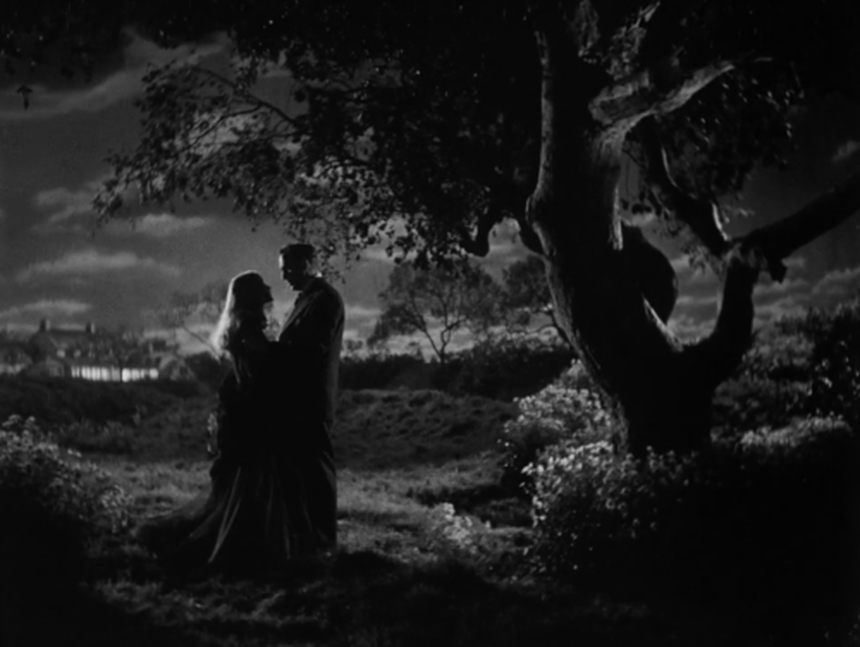
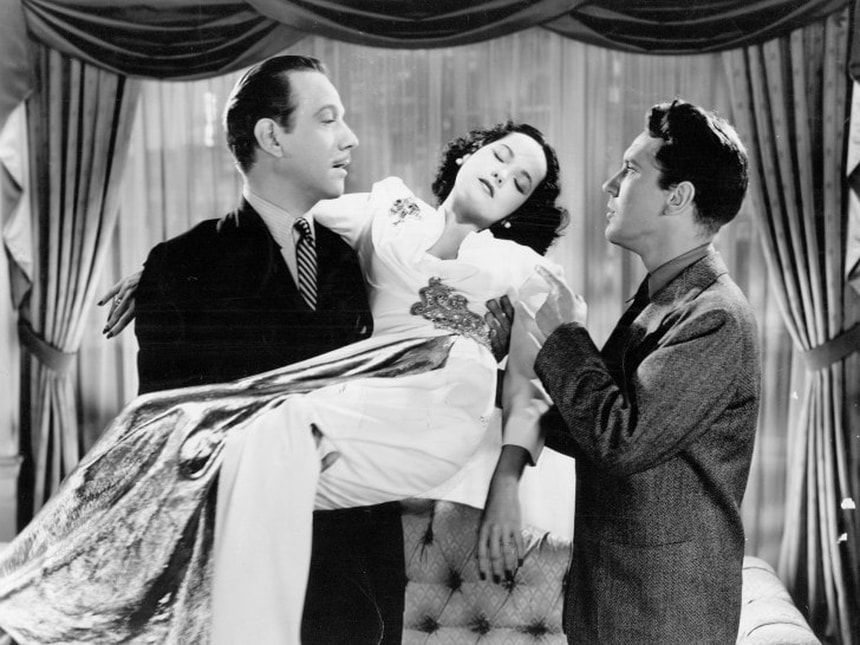
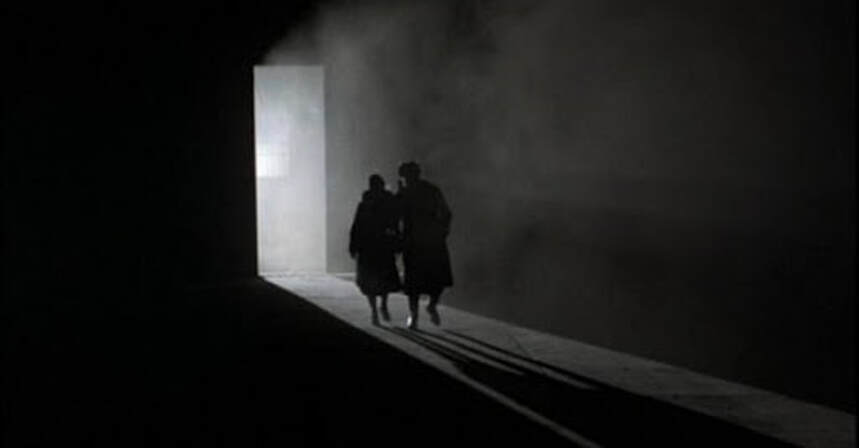
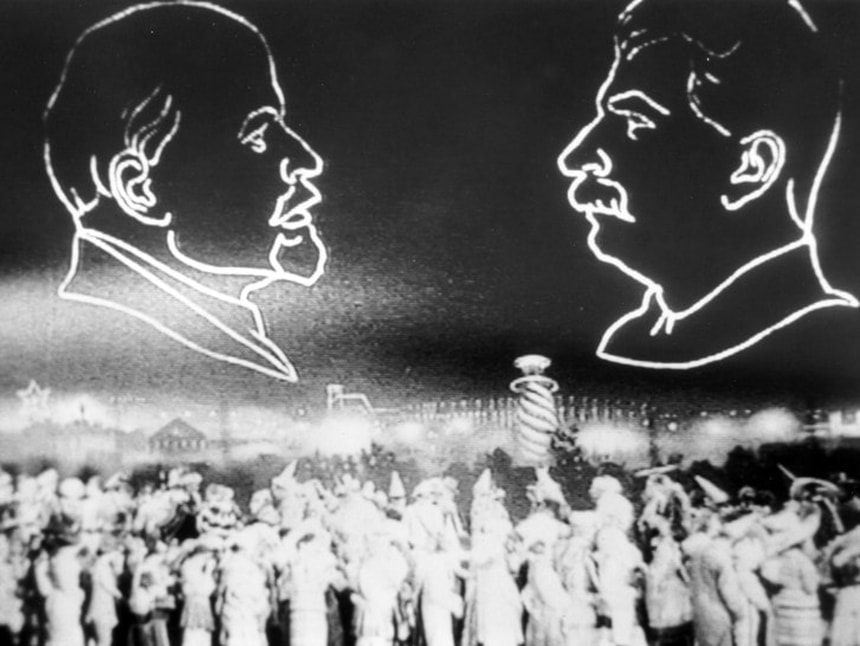
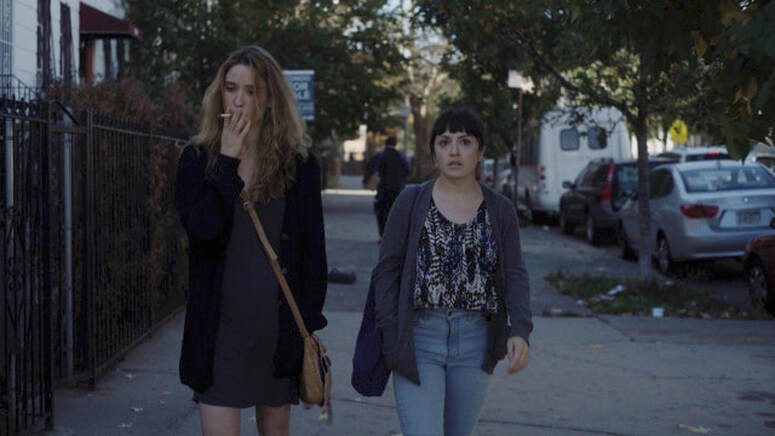
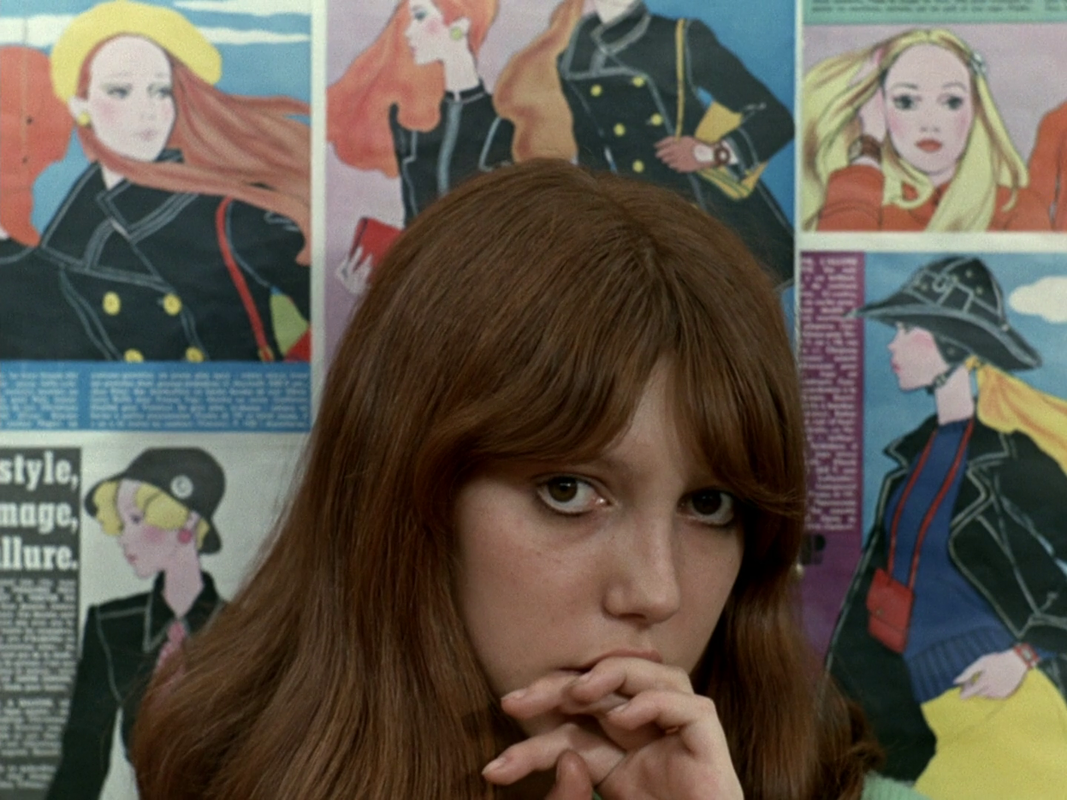
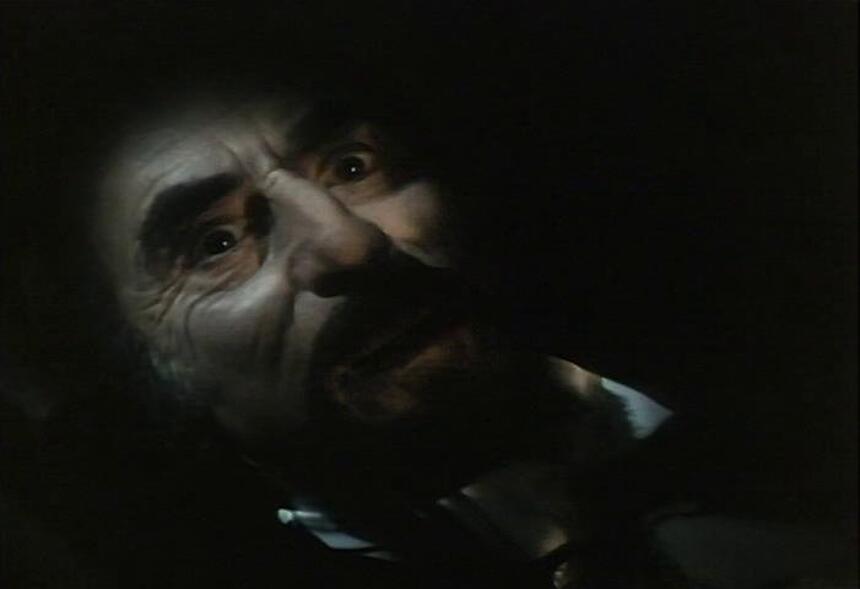
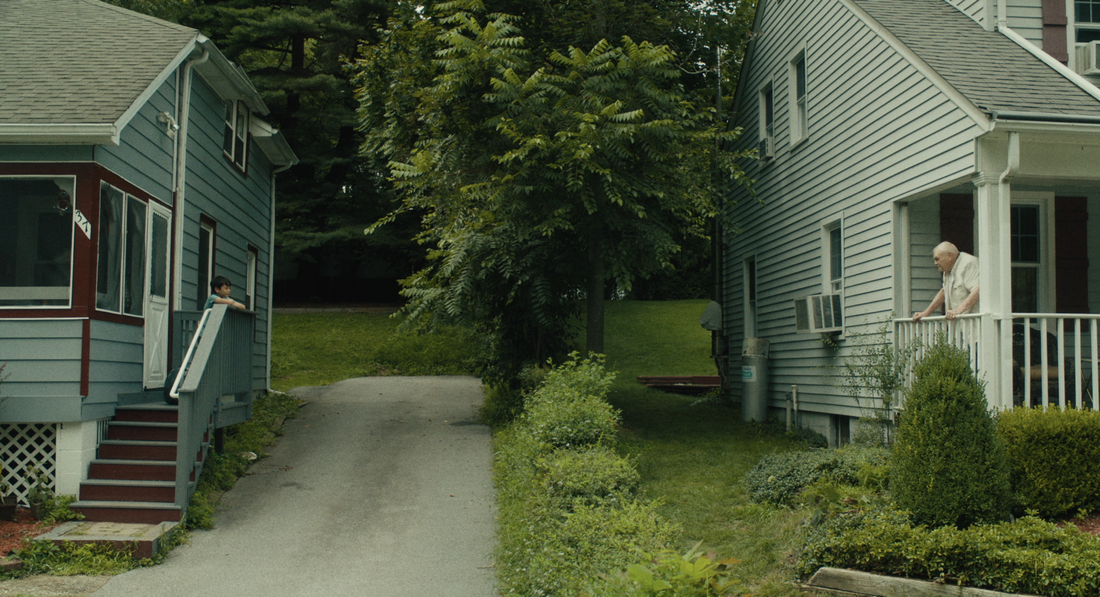
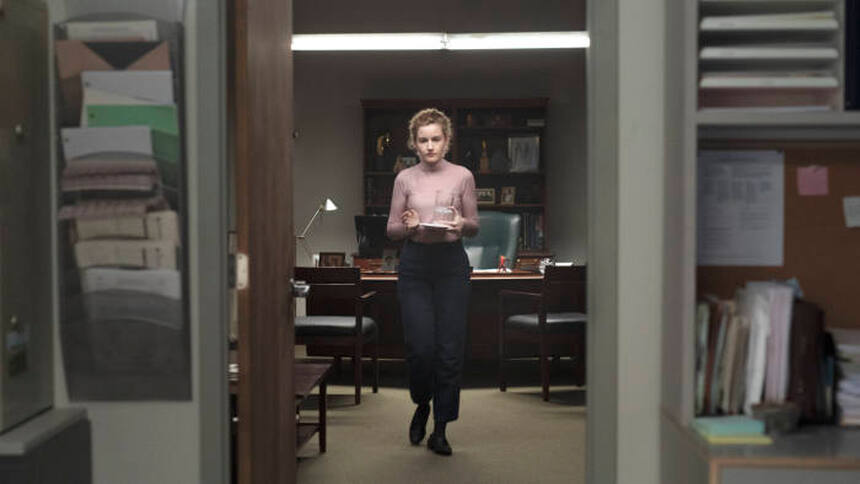
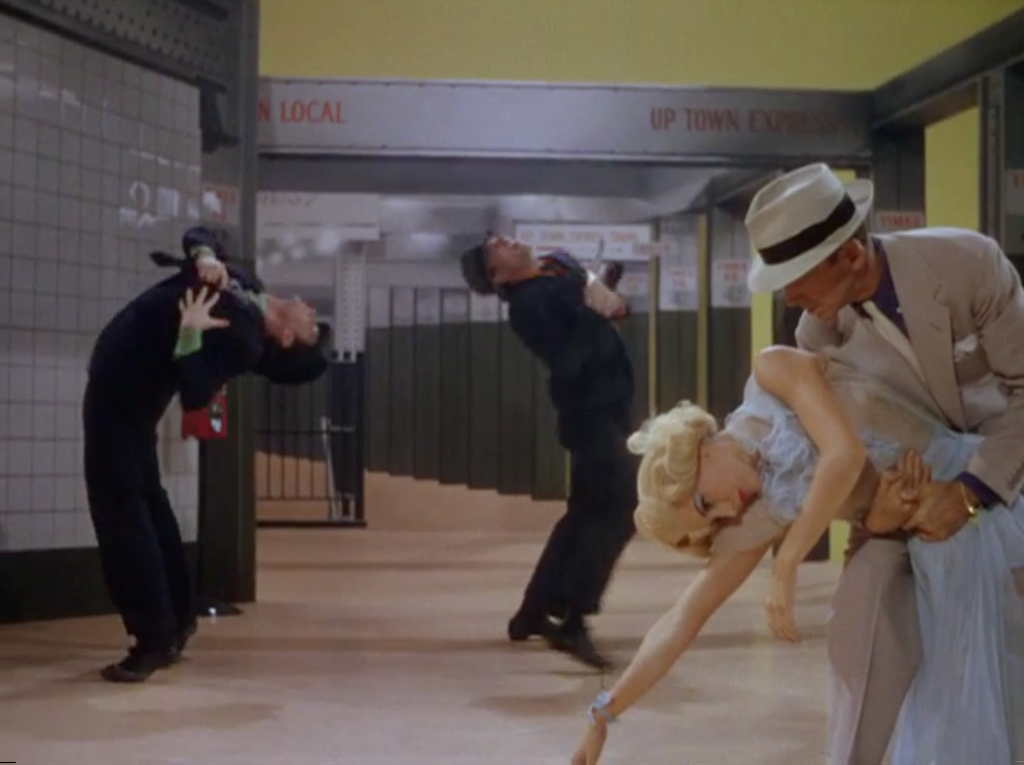
 RSS Feed
RSS Feed
